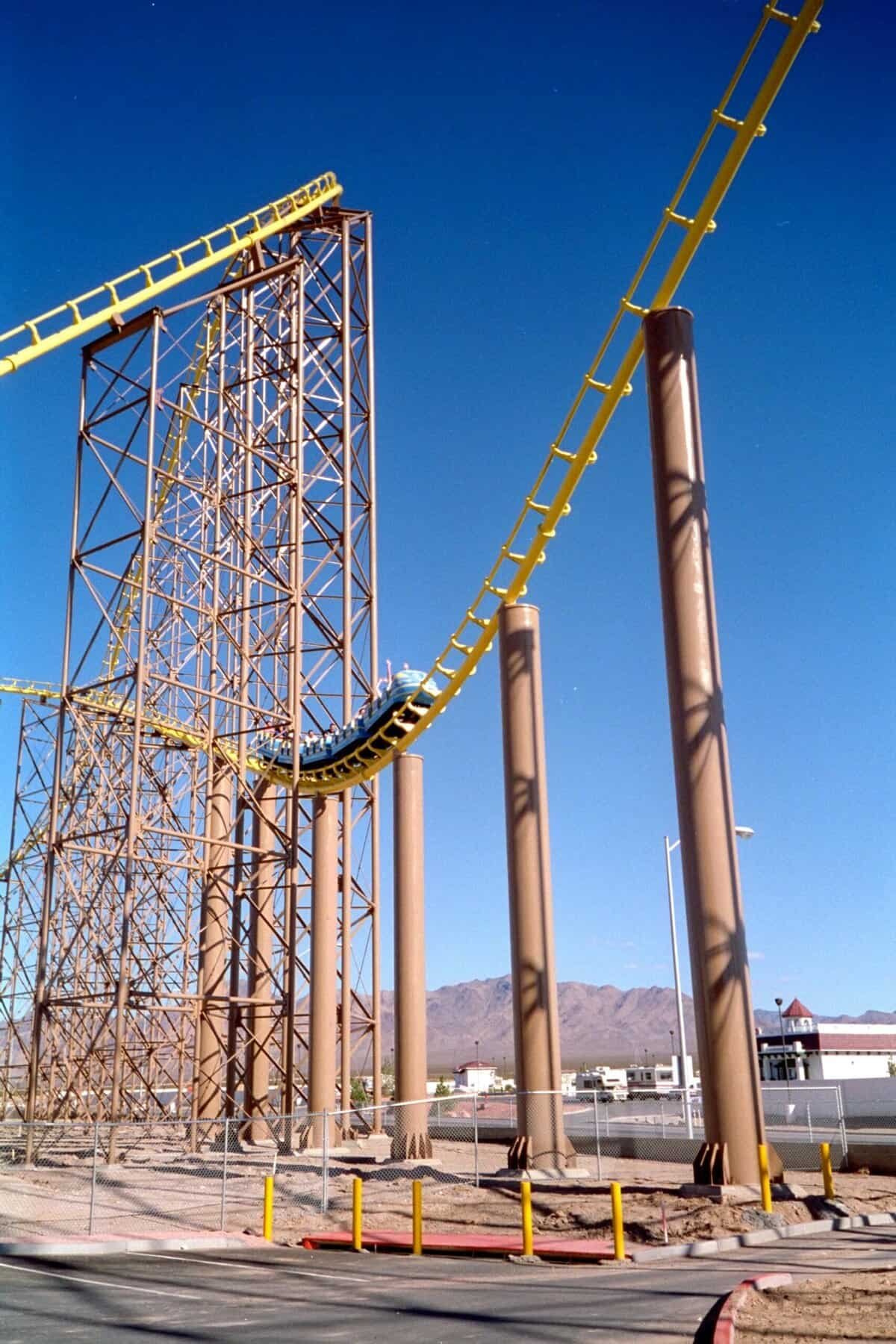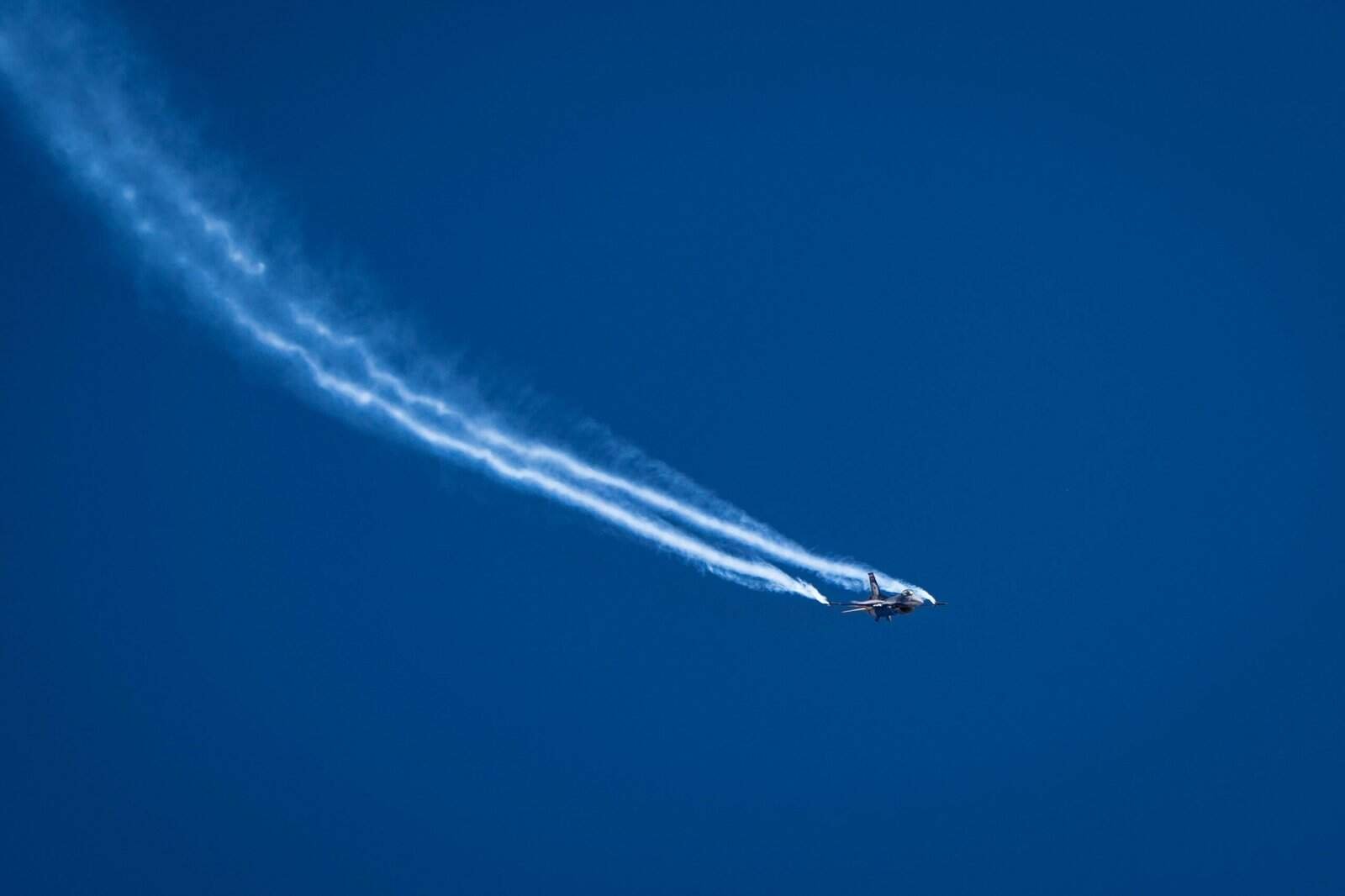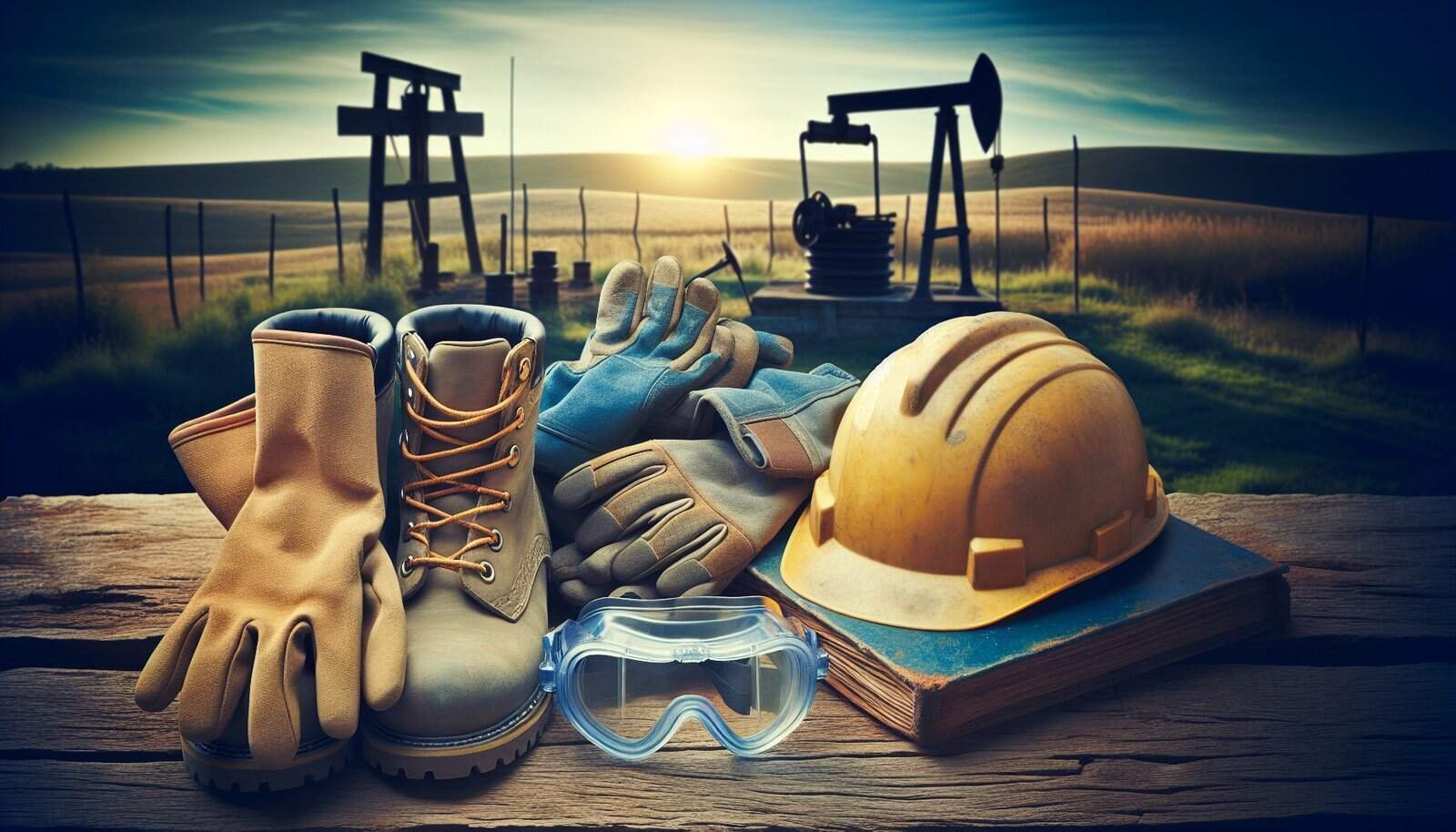Have you ever stopped to think about the safety gear you should use when working around your well? Knowing the right equipment to use not only ensures your safety but also guarantees that your well remains in optimal condition. In this article, we’ll address the vital question: “What Safety Gear Should I Use When Working Around My Well?” We’ll guide you through the must-have gear and also touch on the risks associated with hiring unlicensed contractors for well-related tasks.
Understanding the Importance of Safety Gear
Working around your well involves unique challenges and potential hazards that can be effectively managed using the right safety gear. Whether performing routine maintenance or addressing unexpected issues, being properly equipped can prevent accidents and ensure that your well operates efficiently.
The Benefits of Using Safety Gear
Safety gear provides the first line of defense against potential hazards. Using this equipment minimizes the risk of injury and offers protection against various environmental conditions, from falls to water contamination. Ultimately, safety gear can enhance confidence and reinforce a safe working practice around your well.
Common Hazards Around Wells
Understanding potential risks is key to preparing adequately. Working around wells can expose you to dangers such as slips, falls, exposure to contaminants, and equipment malfunctions. Identifying these hazards will help you choose the appropriate safety gear to mitigate each risk.

Essential Safety Gear for Well Maintenance
To ensure safety when working around your well, it’s crucial to be equipped with essential protective gear. Below, we’ll discuss each item and its significance in your safety protocol.
Protective Clothing
Protective clothing provides a barrier between you and hazardous conditions. When working around a well, you should consider wear that is comfortable yet durable enough to shield against spills or debris.
Recommended Attire
- Waterproof Overalls: These are vital for keeping you dry and protecting you from chemical splashes.
- Sturdy Boots: Non-slip, waterproof boots with steel toes offer traction and protect your feet from falling objects.
- Long-Sleeved Shirts and Trousers: These prevent direct exposure to contaminants and provide an additional safety layer.
Safety Helmets and Eye Protection
Head injuries can be serious, so a safety helmet is essential when working around open well areas. Eye protection shields your eyes from debris and hazardous splashes.
Recommended Gear
- Hard Hats: Standard hard hats are effective in protecting against impact and falling objects.
- Safety Goggles: Choose goggles that offer a snug fit and are resistant to fogging, ensuring visibility remains clear under various conditions.
Gloves: The Right Choice
Your hands are involved in most tasks when working on well systems, so selecting durable and appropriate gloves is imperative.
Types of Gloves
- Chemical-Resistant Gloves: Ideal for handling chemicals, these gloves prevent skin irritation and absorption.
- Cut-Resistant Gloves: Useful when dealing with sharp tools or materials, as they prevent cuts and scrapes.
Respiratory Protection
In certain situations, working around a well might expose you to hazardous gases or dust. It’s important to wear appropriate respiratory protection.
Choosing the Right Respirator
- Dust Masks: Useful when dealing with particulate matter to maintain air quality.
- Gas Masks: Essential for protection against harmful gas exposure, which can occur when working in enclosed or poorly ventilated well areas.
Fall Protection Equipment
If you’re working at heights or in areas where falling is a risk, fall protection gear is non-negotiable.
Components of Fall Protection
- Harnesses: A full-body harness ensures support and reduces the risk of injury if a fall occurs.
- Ropes and Anchors: Used to secure you in place, preventing accidental falls when working around open well pits.

Working with Unlicensed Contractors: Risks and Considerations
Hiring someone to work on your well is a decision that should not be taken lightly. Opting for an unlicensed contractor can pose significant risks to both your safety and your well’s integrity.
Dangers of Using Unlicensed Contractors
Unlicensed contractors often lack the necessary training and certifications to perform well-related tasks effectively. This can lead to improper handling, which can damage your well system, leading to costly repairs or health hazards due to contaminants.
The Importance of Professional Expertise
Selecting licensed professionals provides peace of mind, as they have the expertise and qualifications necessary to perform work safely and legally. Licensed contractors adhere to industry standards, are insured, and carry a track record that can be verified.
Making an Informed Decision
Before hiring a contractor, verify their status through local regulatory bodies. Conduct thorough research, read reviews, and request references. These steps ensure you hire skilled professionals who prioritize safety and quality.

Final Thoughts
Safety should always be your top priority when working around your well. By understanding the essential safety gear you need and recognizing the risks associated with unlicensed contractors, you empower yourself to make informed and safe decisions. With the right knowledge and equipment, you can maintain your well efficiently and effectively. Always remember that investing in your safety and that of your well is an investment in peace of mind and longevity.

